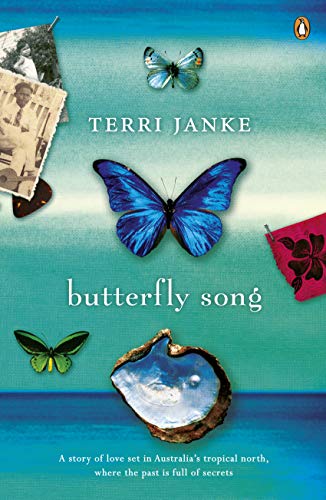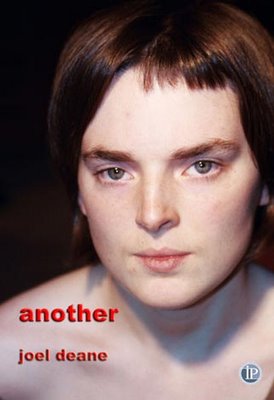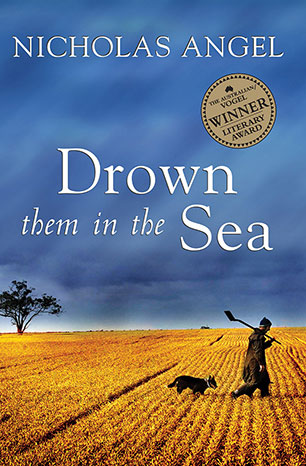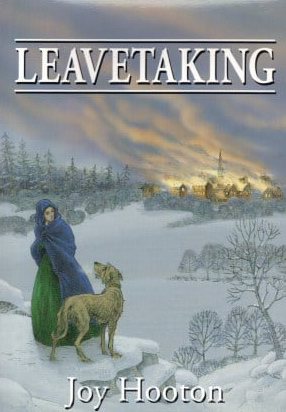In a recent feature article in the Guardian Review, William Boyd proposed a new system for the classification of short stories. He constructed seven stringently categorical descriptions and ended his article with a somewhat predictable – that is to say, canonical – list of ‘ten truly great stories’, among which were James Joyce’s ‘The Dead’, Vladimir Nabokov’s ‘Spring at Fialta’ and Jorge Luis Borges’s ‘Funes the Memorious’. Most of the writers cited were male, and the classifications were confident demarcations in terms of genre and mode (‘modernist’, ‘biographical’). It is difficult to know, and no doubt presumptuous to speculate, what Boyd would make of Frank Moorhouse’s edited collection The Best Australian Stories 2004. Garnering them ‘at large’ by advertisement and word of mouth, Moorhouse received one thousand stories, from which he selected ‘intriguing and venturesome’ texts, many of which display ‘innovations’ of form. Of the twenty-seven included, six are by first-time published writers and twenty are by women. This is thus an open, heterodox and explorative volume, unlike its four predecessors in this series in reach and inclusiveness. It is also, perhaps, more uneven in quality: a few stories in this selection are rather slight; and the decision to include two stories by two of the writers may seem problematic, given the large number of submissions and the fact that the editor claims there were fifty works fine enough to warrant publication. A character in one of the stories favourably esteems the fiction of Frank Moorhouse over that of David Malouf: this too may be regarded as a partisan inclusion.
...
(read more)














